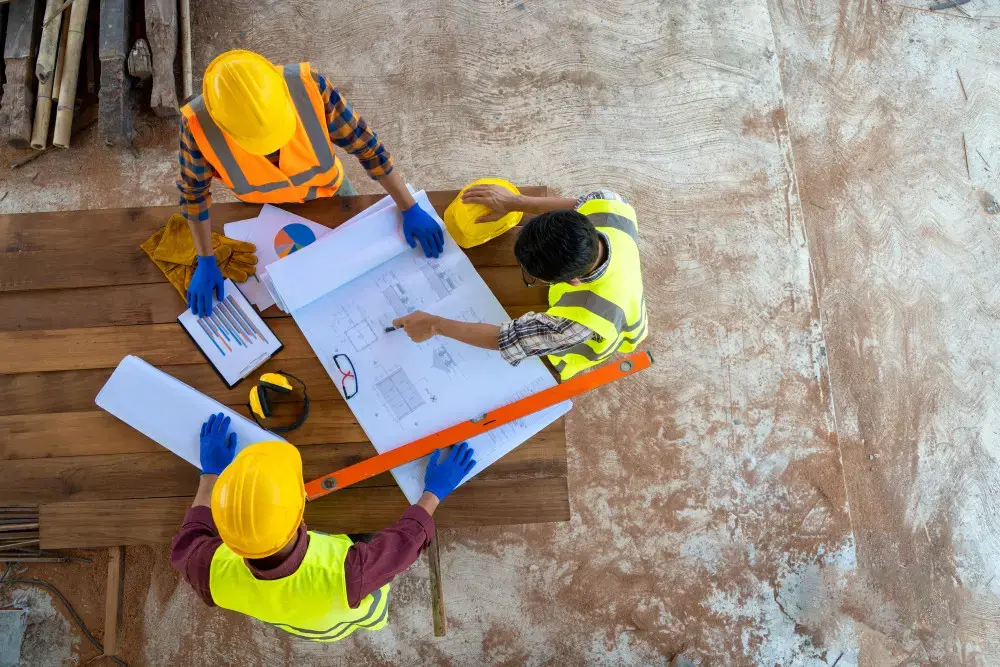News Summary
In Birmingham, educators are implementing data-driven strategies to enhance student engagement in early childhood education. Programs like ‘Birmingham Talks’ help improve interactions between teachers and students, addressing the unique challenges faced in early learning environments. With significant investments in teacher training, the initiative has shown promising results in fostering better communication and improving learning outcomes for young children.
Birmingham – In a city that values educational development, two local teachers are pioneering data-driven approaches to enhance student engagement in early childhood education settings. Initiatives such as “Birmingham Talks,” which utilize technology to improve teacher-student interactions, are making significant strides in addressing the unique challenges faced in early learning environments.
Fostering Engagement through Data
Kayla McCombs, a teacher at the Hand in Hand Early Learning Program, emphasizes one-on-one interactions with her students. By leveraging data collected from classroom interactions, she has been able to identify children who may require more attention throughout the day. Similar efforts are being implemented at the New Rising Star Early Childhood Development Center, where teacher Rickeyda Carter has adopted new methods to increase communication with her 3- and 4-year-old students.
- The initiative witnessed Carter using traditional story time techniques, which typically required silence from children, transitioning into a more interactive format where children could ask questions during readings.
- This approach, supported by “talk pedometers” to track conversations, encouraged children to engage more actively, promoting a nurturing atmosphere that is essential for early brain development.
Impact on Learning Outcomes
Research indicates that robust interaction between caregivers and children is fundamental to quality early childhood education. Learning outcomes, particularly in literacy and reading comprehension, improved as educators adapted their practices based on data-driven insights. Following weekly coaching sessions, Carter notably increased her engagement with students during meal times and post-nap interactions, areas that had previously been overlooked.
Investment in Teacher Training
The Birmingham initiative, supported financially by over $1 million since 2019, aims to transform early learning by enhancing teacher-child dynamics. The program has coached over 400 teachers in more than 60 childcare facilities throughout the region. These teacher training investments echo broader trends in several states, including Alabama, that prioritize nurturing educator interactions as part of early childhood standards.
- State-level investigations reveal a sobering statistic: 1 in 4 children receive minimal attention from caregivers, which can hinder their development.
- The implementation of small class sizes and higher student-teacher ratios could effectively facilitate better interactions, fostering richer learning experiences.
Challenges and Policy Implications
Despite positive outcomes, many early childhood educators in Birmingham confront significant challenges, including high turnover rates and the stress associated with low wages. These systemic issues can impede the establishment of meaningful relationships between teachers and students. To combat these barriers, various states are continuously exploring diverse educational strategies that enhance teacher-child interactions as part of child care quality assessments.
Virginia stands out by introducing legislation aimed at monitoring and improving teacher-child interactions in publicly funded early learning programs. Such policies reflect a growing recognition of the importance of responsive interactions in early education settings.
Conclusion
Birmingham’s investment in data-driven educational practices highlights a community commitment to addressing the complexities of early childhood education. As local educators like McCombs and Carter leverage technology to engage children more meaningfully, the ongoing effort mirrors national trends seeking to fortify relationships that are vital for fostering effective learning environments in early childhood.
Deeper Dive: News & Info About This Topic
HERE Resources
Marie Sutton Shares Grandmother’s Inspiring Story in Birmingham
UAB Faces NIH Funding Cuts: Impact on Birmingham’s Healthcare
Birmingham Board Rejects Proposal for New Aerospace School
Birmingham City Schools Showcase Academic Recovery Strategies
New Initiative Launches to Distribute Free Medication Disposal Kits in Jefferson County
Birmingham Initiatives for Road Improvements and Recycling
Birmingham Welcomes Spring with Festive March Events
ILJIN Invests $100 Million in New Auburn Facility
Birmingham’s Campus Undergoes Major Transformation
Birmingham’s Mayor Woodfin Campaigns for Third Term
Additional Resources
- AL.com: How Talk Pedometers are Transforming Education in Birmingham Classrooms
- Alabama Reflector: Does a Charter Need a New Contract to Expand?
- Bham Now: Birmingham Teachers Scored Their Dream Job
- ABC3340: Tuscaloosa County Schools Teacher Arrested
- The Forest Scout: The Importance of Resonating with Teachers
- Wikipedia: Education in Alabama
- Google Search: Early Childhood Education in Alabama
- Google Scholar: Teacher-Child Interactions in Early Education
- Encyclopedia Britannica: Early Childhood Education
- Google News: Transforming Education in Alabama







